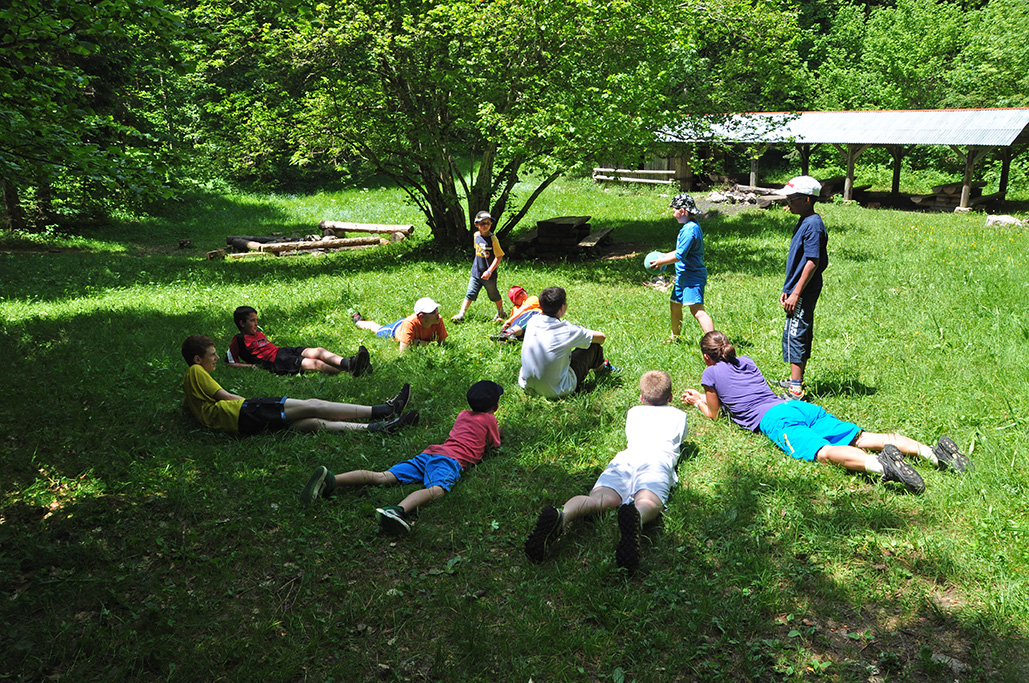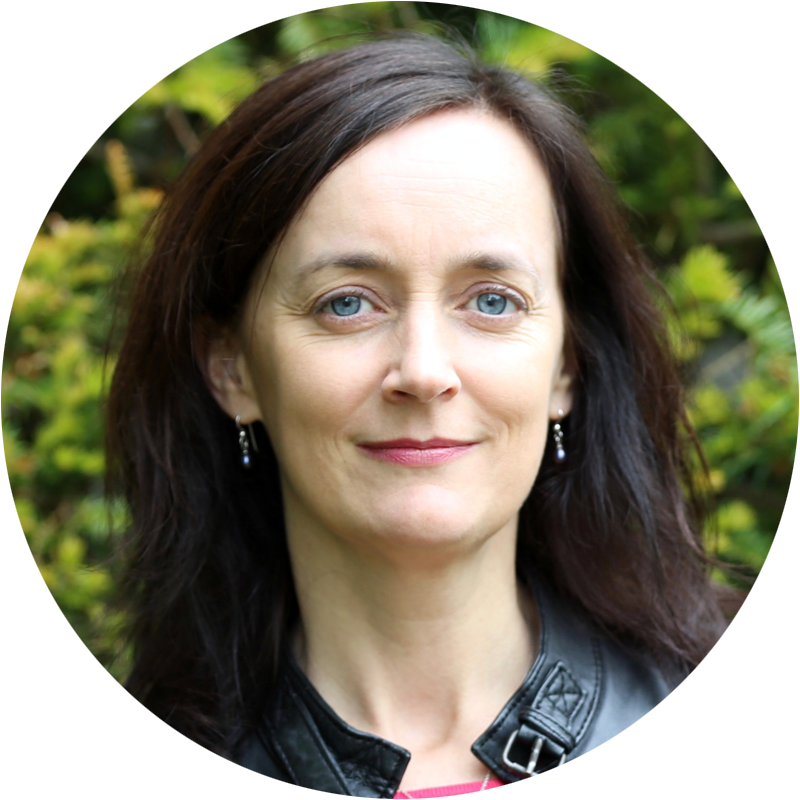‘There is no such thing as a difficult child’

Based in bright new premises in the village of Eggiwil, the Integration foundation provides comprehensive services for foster children, including a remedial day-school, psychiatric care, foster family support, and case management.
Well respected in canton Bern and beyond, the network has 24 families on its books, couples who have been through a stringent selection process and professional training, and who are supported in their parenting duties 365-days a year.
“Even though we had our clashes, no one could have done better than the Aeschlimanns, I’m sure. They were good-natured and followed a straight line. They set tasks and boundaries and they said what was what.”
This is an extract from an interview in Integration’s in-house magazine, where Rico, now aged 20, looks back at the time spent living on a farm in his teens with Integration foster parents. The children currently in care were not available for interview due to consent complications.
“Being taken into care is a drastic event in any child’s life and it places them in a complicated situation,” Urs Kaltenrieder, co-founder of Integration told swissinfo.ch. A simple thing, like getting the child fitted with braces for their teeth, can become a procedural headache.
There are several parties involved when a child is placed in care. The foster parents provide the day-to-day needs of the child, making sure they feel well and secure. There are the visiting rights of the biological parents to be managed. The legal guardianship of the child may lie with authorities in one canton or commune, while another canton or commune may be providing funding for the child.
“These different parties have to work smoothly together or the child has no chance. At Integration we take on the responsibility to make that happen,” Kaltenrieder said.
Every child taken on by Integration is assigned a special contact person within the organisation, a trained social worker who coordinates all the needs of the placement.
The team can be called upon 24-hours a day all year round, so that when a crisis happens, the foster family and the child have someone to rely on. “This makes the placements much more sustainable,” director of Integration Marc Baumeler told swissinfo.ch.
Some of the children referred to Integration have multiple placements behind them at the age of 10 or 12.
“The tragedy here is that experts know that the most important thing for a child who has to be taken into long-term care is the constancy of relationships,” Kaltenrieder said.
“One boy had been through 10 placements. They have all this psychological care prescribed and implicitly the difficulties are pinned on the child, the notion being that something is wrong with him. But there is no such thing as a difficult child. Just a child who is in a difficult situation,”
“When the child is placed in our network and observed we can attest that the symptoms the child is exhibiting – concentration difficulties, relationship problems, disruptive behaviour – are none other than reactions to the experience of being through a fractured system.”
Integration (German)
http://www.jugendhilfe-integration.ch/External link

In compliance with the JTI standards
More: SWI swissinfo.ch certified by the Journalism Trust Initiative

You can find an overview of ongoing debates with our journalists here . Please join us!
If you want to start a conversation about a topic raised in this article or want to report factual errors, email us at english@swissinfo.ch.